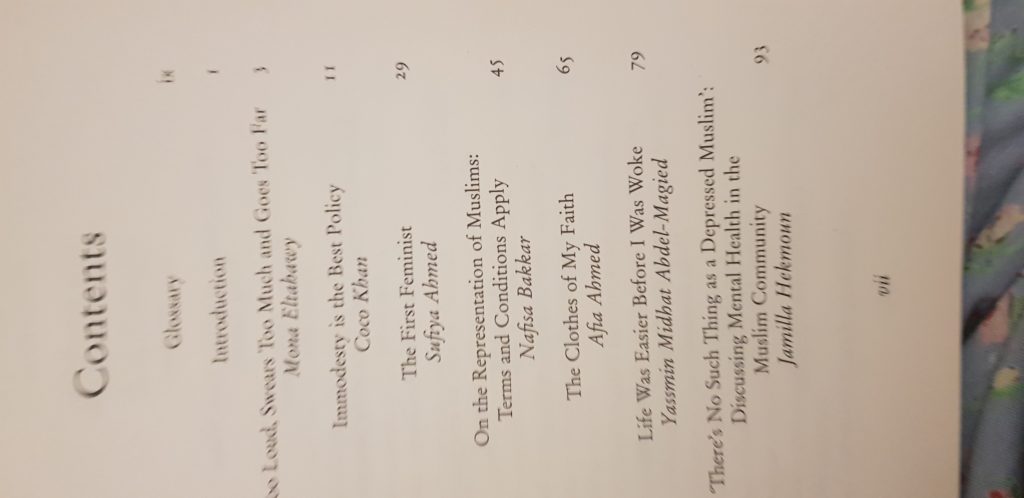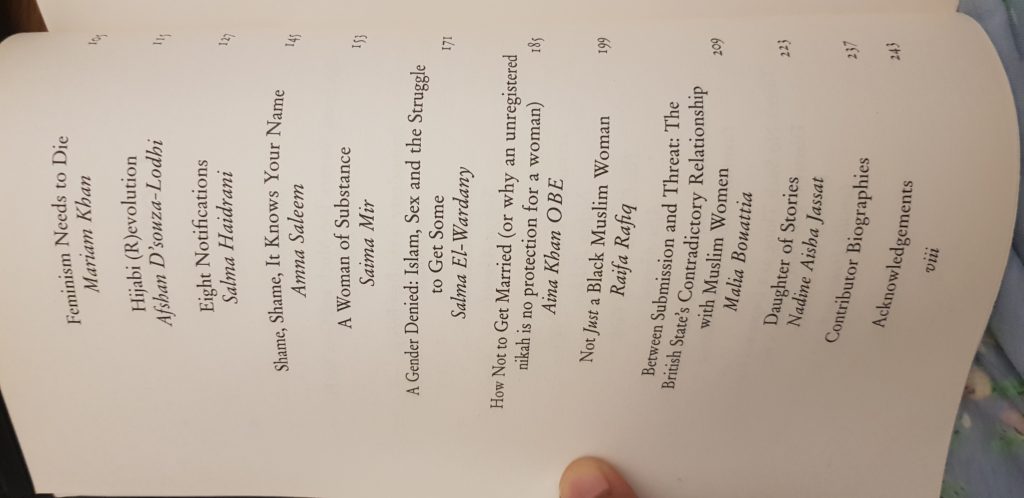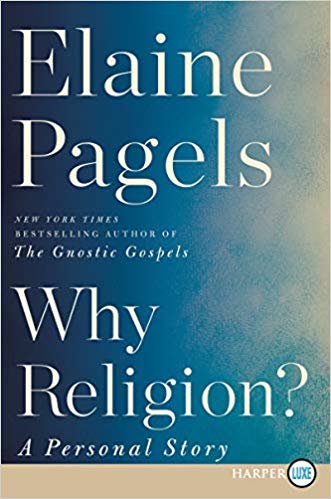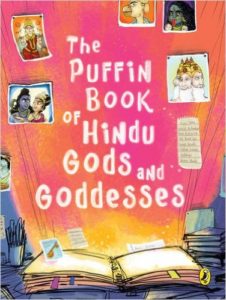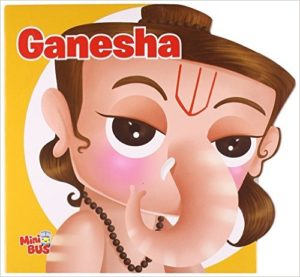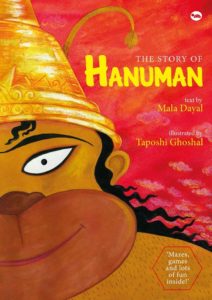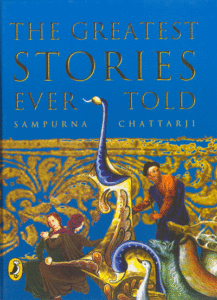“It’s Not About the Burqa” edited by Mariam Khan
I am a woman, but I am also a Muslim and a person of colour, and these identities cannot be separated. I can’t set aside being a woman of colour when it comes to being a feminist and I can’t set aside being a Muslim woman when it comesto being a feminist.
It’s Not About the Burqa: Muslim Women on Faith, Feminism, Sexuality and Race is a superb collection of essays exploring what it means to be a Muslim woman today. The anthology has been edited by Mariam Khan. The idea was sparked off by British politician David Cameron’s comment in the Daily Telegraph which reported him to consider Muslim women to be traditionally submissive. It sparked off a Twitter storm where #TraditionallySubmissive quickly spread. While watching this annoyance unfold online, Mariam Khan realised she had to do something as she kept reading these perceptions “about” Muslim women. It resulted in this magnificent anthology. In her introduction Mariam Khan says:
It’s Not About the Burqa brings together Muslim women’s voices. It does not represent the experiences of every Muslim woman or claim to cover every single issue faced by Muslim women. It’s not possible to create that book. But this book is a start, a movement: we Muslim woman are reclaiming and rewriting our identity. Here are essays about the hijab* and wavering faith, about love and divorce, about queer identity, about sex, about the twin threats of a disapproving community and a racist country, and about how Islam and feminism go hand in hand. Every essay in this book is unfinished, because each one is the beginning of a very necessary conversation.
*It’s worth pointing out at this stage that though ‘hijab’ is now more commonly used to describe a scarf that covers the head, in the Quran, the word ‘hijab’ denotes ‘partition’ or ‘curtain’. ‘Hijab’ can also refer to a standard of modesty.
It’s Not About the Burqa is a magnificent book for the stories it shares are no different from any other feminist publication. The preoccupations of the contributors are like that of any other woman — challenges of being a single woman, voicing an honest opinion and facing the consequences of it, single parenting, childcare, sexuality, negotiating life while encountering patriarchal structures on a daily basis, cultural patriarchy and #MeToo. It even recognises the problematic challenges created by “Well-meaning feminists [who] are often the people who perpetuate an exclusionary feminism that centres their experience as universal.” Most importantly the contributors to this book do manage to address the ignorant remark made by David Cameron and one that is unfortunately echoed by many others too. The essayists do it magnificently by sharing their experiences and opinions. The essayists have strong voices that will resonate with many readers, not necessarily only Muslims. As Mona Eltahawy says in her essay upon discovering feminist books in her university library in Jeddah:
Those books were irresistible. And they terrified me. So much so that I would pick them up, read a few pages, put them down in fear and walk away, only to be drawn back again the next day. I was terrified because I knew on a visceral level that those books — that feminism — would unravel something that I needed, something that would change me forever.
It’s Not About the Burqa will do this for many more readers too.
5 June 2019

